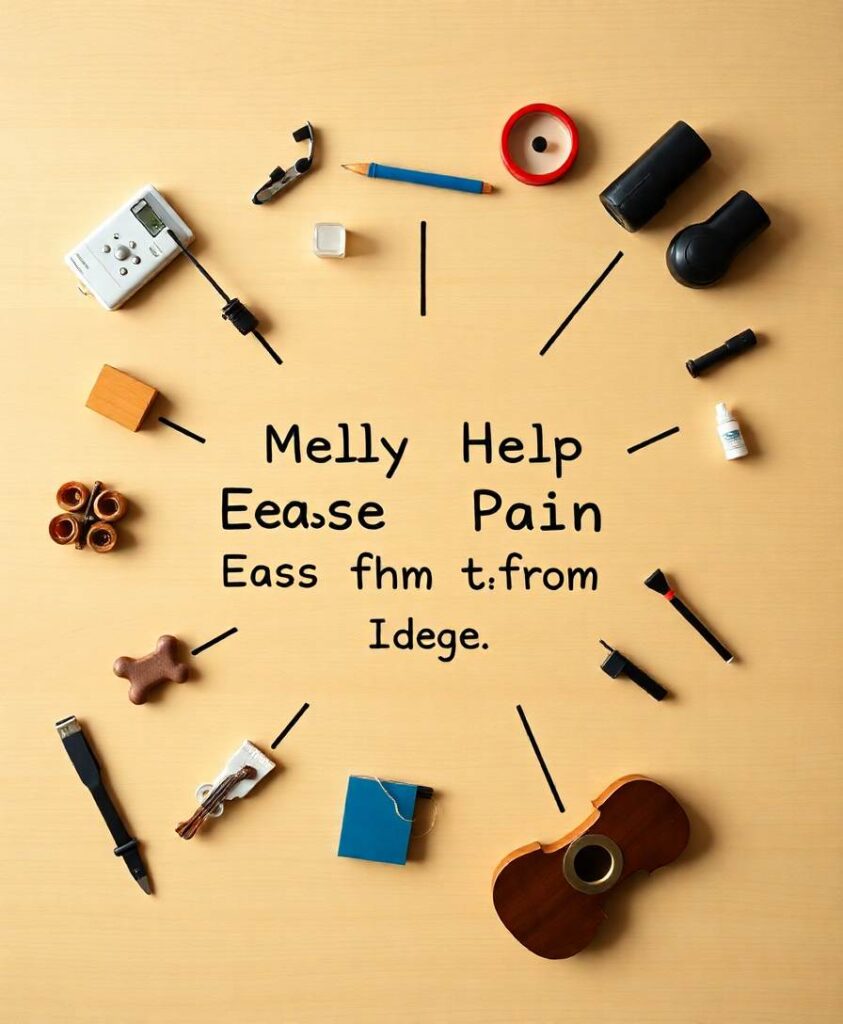// Autosize iframe
var funcSizeResponse = function( e ) {
var origin = document.createElement( ‘a’ );
origin.href = e.origin;
// Verify message origin
if ( ’embeds.kff.org’ !== origin.host )
return;
// Verify message is in a format we expect
if ( ‘object’ !== typeof e.data || undefined === e.data.msg_type )
return;
switch ( e.data.msg_type ) {
case ‘poll_size:response’:
var iframe = document.getElementById( e.data._request.frame_id );
if ( iframe && ” === iframe.width )
iframe.width = ‘100%’;
if ( iframe && ” === iframe.height )
iframe.height = parseInt( e.data.height );
return;
default:
return;
}
}
if ( ‘function’ === typeof window.addEventListener ) {
window.addEventListener( ‘message’, funcSizeResponse, false );
} else if ( ‘function’ === typeof window.attachEvent ) {
window.attachEvent( ‘onmessage’, funcSizeResponse );
}
}
if (document.readyState === ‘complete’) { func.apply(); /* compat for infinite scroll */ }
else if ( document.addEventListener ) { document.addEventListener( ‘DOMContentLoaded’, func, false ); }
else if ( document.attachEvent ) { document.attachEvent( ‘onreadystatechange’, func ); }
} )();
The dispatch call from the Concord, N.H., police department was brief. A woman returning to her truck spotted a man underneath. She confronted him. The man fled. Now the woman wanted a police officer to make sure her truck was OK.
“Here we go,” muttered Officer Brian Cregg as he stepped on the gas. In less than three minutes, he was driving across the back of a Walmart parking lot, looking for a man on the run.
“There he is,” said Cregg. The officer pulled to a stop and approached a man who fit the caller’s description. Cregg frisked the man, whose name was Kerry. NPR has agreed to use only Kerry’s first name because he may have serious mental health and substance use problems.
“Why were you lying on the ground under a truck?” Cregg demanded.
Kerry, head hanging, rocked back and forth, offering quiet one-line answers to Cregg’s questions. There’s a contest, Kerry said. The prize was a new pickup truck, and he just had to find the truck with a key hidden underneath. He said he had searched three so far.
“Kerry, did you take anything today?” Cregg asked. “You’re not acting right.”
“No, no,” said Kerry, shaking his head forcefully. “I’m just stressed out.”
Cregg watched Kerry, looking for signs — is this meth or a mental health problem? Over the past three or so years, as meth has surged in New Hampshire and across the U.S., it’s become hard to tell. Police in many areas of the country where meth has maintained a steady presence have more experience making an assessment, but in Concord and many parts of the Northeast, the onslaught of meth is new.
Email Sign-Up
Subscribe to KHN’s free Morning Briefing.
Sign Up
Please confirm your email address below:

Sign Up
Concord police say they need to know whether they’re dealing with a mental health issue or drugs — or both — because it can make a difference in determining the best response.
Concord may send six to eight officers to subdue someone darting through traffic who is high on meth. The calming techniques these officers learned during training for a mental health crisis intervention don’t seem to work as well when someone is out of control on methamphetamine. Several officers are recovering from injuries sustained during meth-related calls.
“Stay right there for me, all right?” Cregg told Kerry. “I like you too much — stay right there.”
Cregg walked a few steps away from Kerry to speak to one of two other officers called to the scene. It turned out this was the third time in the past few months that alarmed drivers had reported finding Kerry under their car. Cregg decided Kerry’s delusions were mental health issues and didn’t call for more backup.
Kerry, now cuffed, climbed into the back of Cregg’s cruiser, and they headed for the station. Kerry’s suspected crime: prowling.
“Hey, uh, Kerry — man, you feel like you want to go up to the hospital to speak to somebody?” Cregg asked a version of this question four times.
“No, no,” Kerry said repeatedly, “I’ve been through that route years ago; don’t want to do it again.”
Kerry said later that getting stuck in a hospital emergency room — waiting days, maybe weeks for an opening in a psych treatment program — makes his anxiety much worse.
Concord police arrest Kerry for prowling in Concord, N.H., after a witness identified Kerry as the person who’d been looking underneath cars in a shopping mall parking lot.(Jesse Costa/WBUR)
At the station, Cregg found something that changed his view of the day’s events.
“What is that, Kerry?” Cregg asked, pulling a tiny plastic bag of glistening white shards out of Kerry’s coin pocket. It appeared to be meth. “This explains a lot.”
Cregg said what he thought was psychotic behavior likely had more to do with meth.
But “on that call, they mimicked each other. I wasn’t able to tell at first,” Cregg said.
That may be because Kerry is one of the 9.2 million adults in the U.S. coping with both a mental health problem and a substance use disorder. In this particular case, not being able to tell what fueled Kerry’s delusions didn’t cause any problems for him or the police. Things never got out of hand. But Concord Police Chief Bradley Osgood said calls triggered by meth are often more challenging than this one.
“With somebody that’s high on methamphetamine, you want to treat them a little firmer and control them,” Osgood said, “because they often are very volatile and aggressive, and you just want to treat that hostility differently.”
With meth now accounting for 60% of drug seizures in Concord, police say they often default to that firmer approach. Some mental health advocates worry that may mean police are using too much force with their clients. Sam Cochran, a retired major in the Memphis Police Department who co-founded and now helps lead CIT International, a crisis intervention program that includes training for police, said officers aren’t making a diagnosis.
“The officer’s foremost [concern] is ‘How do I open up communications? How do I get compliance in order to accomplish safety?’” Cochran said.
There are visual signs of longer-term meth use that are less likely to show up among mental health patients: skin wounds and scabs, rotting teeth, dilated pupils. But addiction medicine specialists agree it is difficult to determine what’s going on, at first glance, with someone who appears extremely agitated.
“The possession of methamphetamine may be a clue, but teasing out the acute effects of methamphetamine versus a long-standing mental illness may take a longer period of time,” said Dr. Melissa Weimer, an assistant professor of medicine at Yale School of Medicine. She noted that the effects of meth can last 72 hours or longer.
Surging meth use is relatively new in New England. On the police force, Cochran dealt for years with this issue of meth’s effects mimicking mental health issues. He said slowing things down and diffusing fear can work when dealing with people high on meth.
“But let’s be real, there are some individuals that are so sick,” Cochran said, that “officers find themselves having to act immediately to protect safety. Sometimes that may mean a hands-on approach.”
Cochran and another mental health advocate, Dr. Margie Balfour, an associate professor of psychiatry at the University of Arizona, say the goal is to only use force as a last resort.
“And then, ideally,” Balfour said, “whether it’s meth or mental health or both … you’re going to be able to take that person to somewhere where they are going to get treatment — and not to jail.”
Balfour is also chief of quality and clinical innovation at Connections Health Solutions. The organization operates a network of psychiatric crisis centers in Arizona where, instead of making an arrest, police can drop off anyone 24 hours a day who is out of control on meth or who has a mental health condition. Balfour said 20% of adults seen at Connections test positive for meth.
Kerry was due in a New Hampshire court last week, where a judge could have ordered drug treatment or an evaluation. Kerry didn’t show up for that arraignment — but said he is trying to reschedule.
This story is part of a partnership that includes WBUR, NPR and Kaiser Health News.


